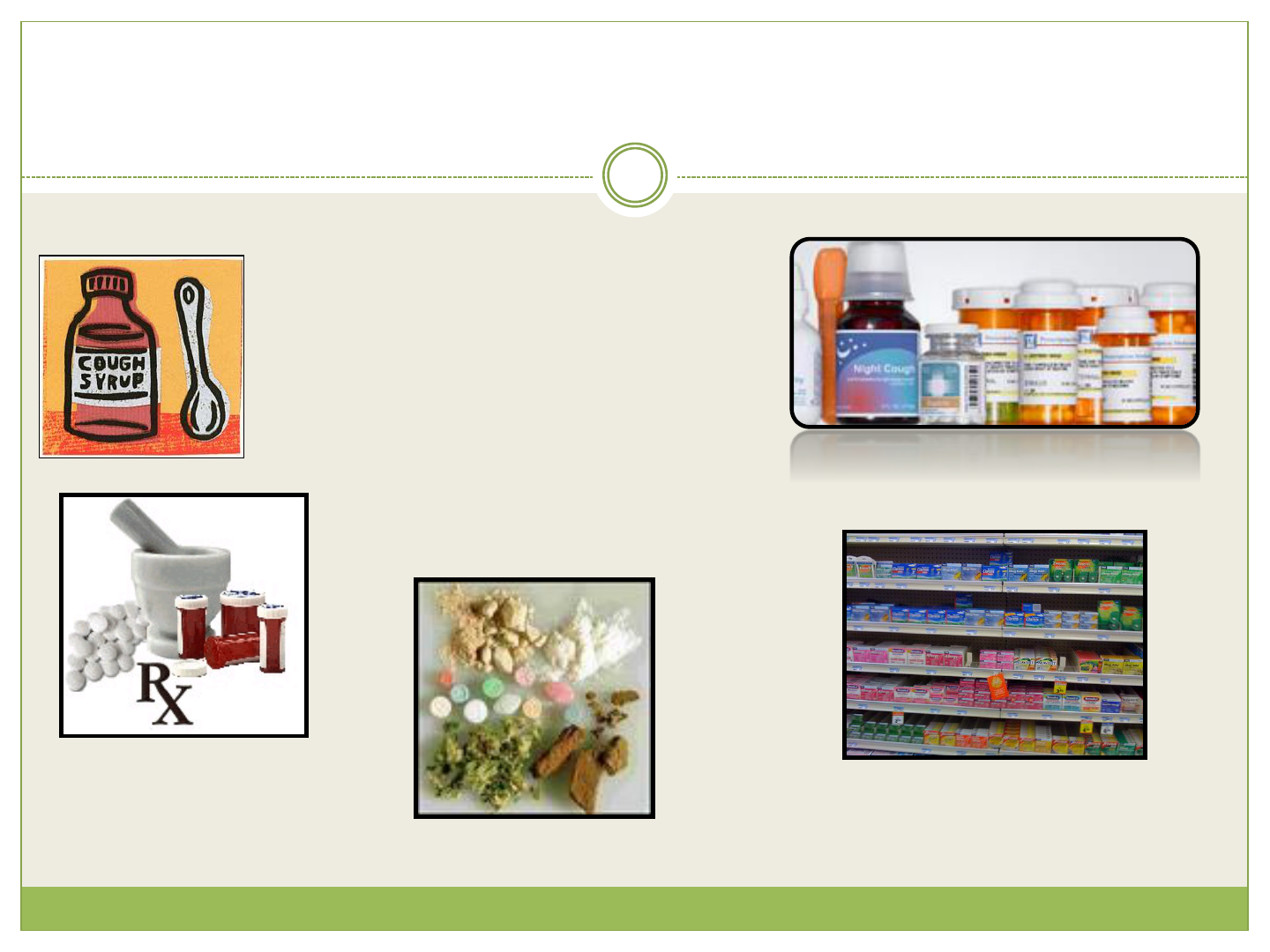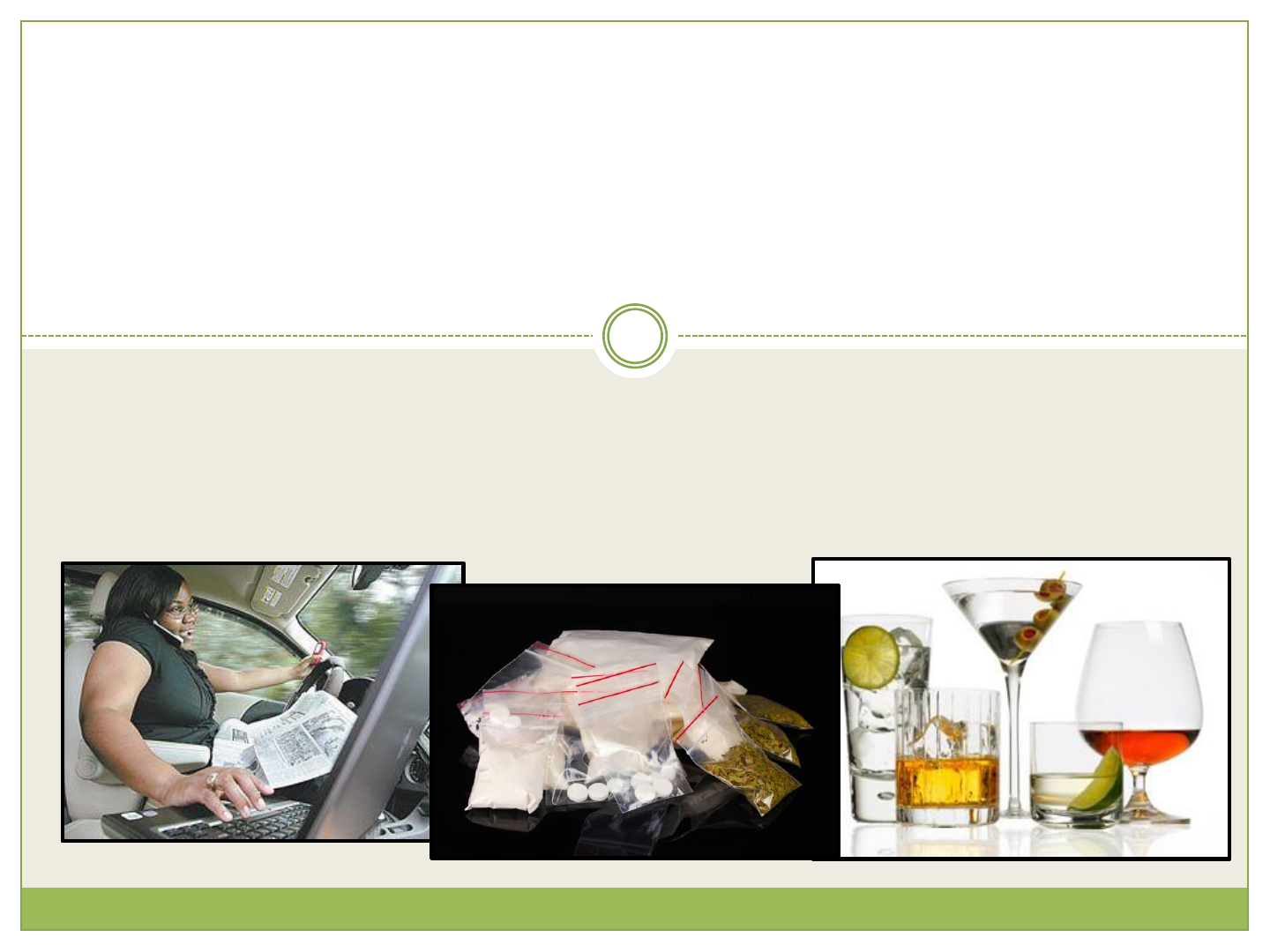
NOT DRINKING, NOT USING DRUGS,
NOT BEING DISTRACTED, & NOT
BEING AGGRESSIVE
Unit Nine: Making Good Decisions
Ver 6.15.17
1
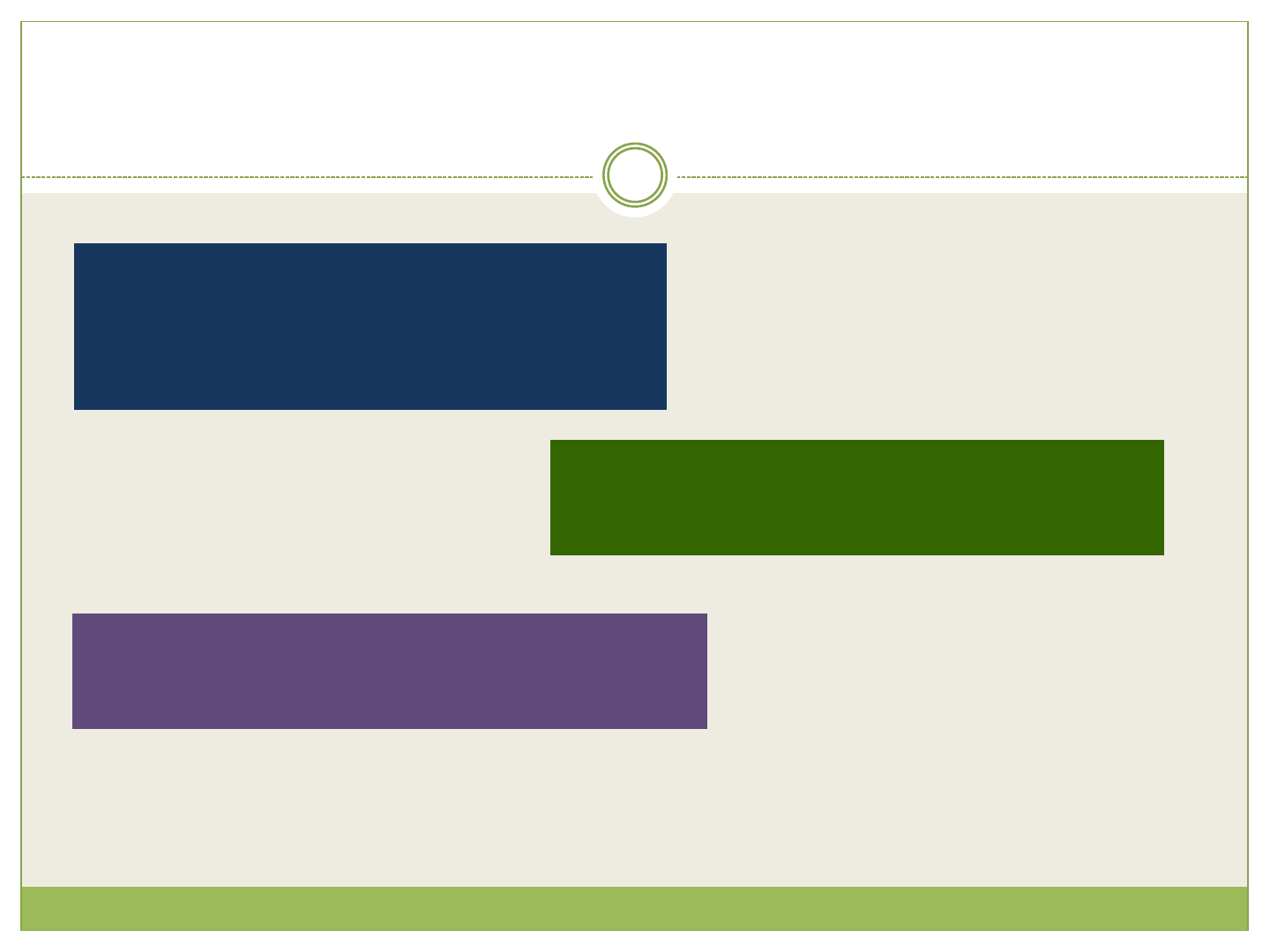
Objectives For Unit Nine
What are some of the
external factors that can
affect a driver?
What are some of the
penalties for DUI or DWI?
How should a driver avoid
impaired driving?
Ver 6.15.17
2

Objectives For Unit Nine
Student will be able describe to the various personal factors
such as distraction, fatigue, emotions, drugs and alcohol that
impact driving.
Students will be able to evaluate the impact of the various
personal factors on safe and legal driving.
Student will be able describe the various legal and administrative
penalties associated with impaired driving.
Students will develop strategies to avoid impaired or distracted
driving.
Ver 6.15.17
3

Making The Good Decisions
Who is an unsafe driver?
• Any driver who fails to make good decisions about any driving issue.
What is safe and legal driver?
• A driver who obeys the laws when law enforcement is around?
• A driver who obeys all traffic laws?
• A driver who focuses on the road and vehicles?
• A driver who consistently makes good decisions about what he/she is
doing on the road?
• A driver who follows the law, minimizes distraction, and maintains
constant awareness of the road, and makes good decisions about
driving?
Ver 6.15.17
4

Making Good Decisions:
Not Driving Under The Influence Of Alcohol
How does alcohol impact driving?
What are the possible penalties for
drinking and driving?
What are the administrative and legal
consequences for impaired driving?
Ver 6.15.17
5
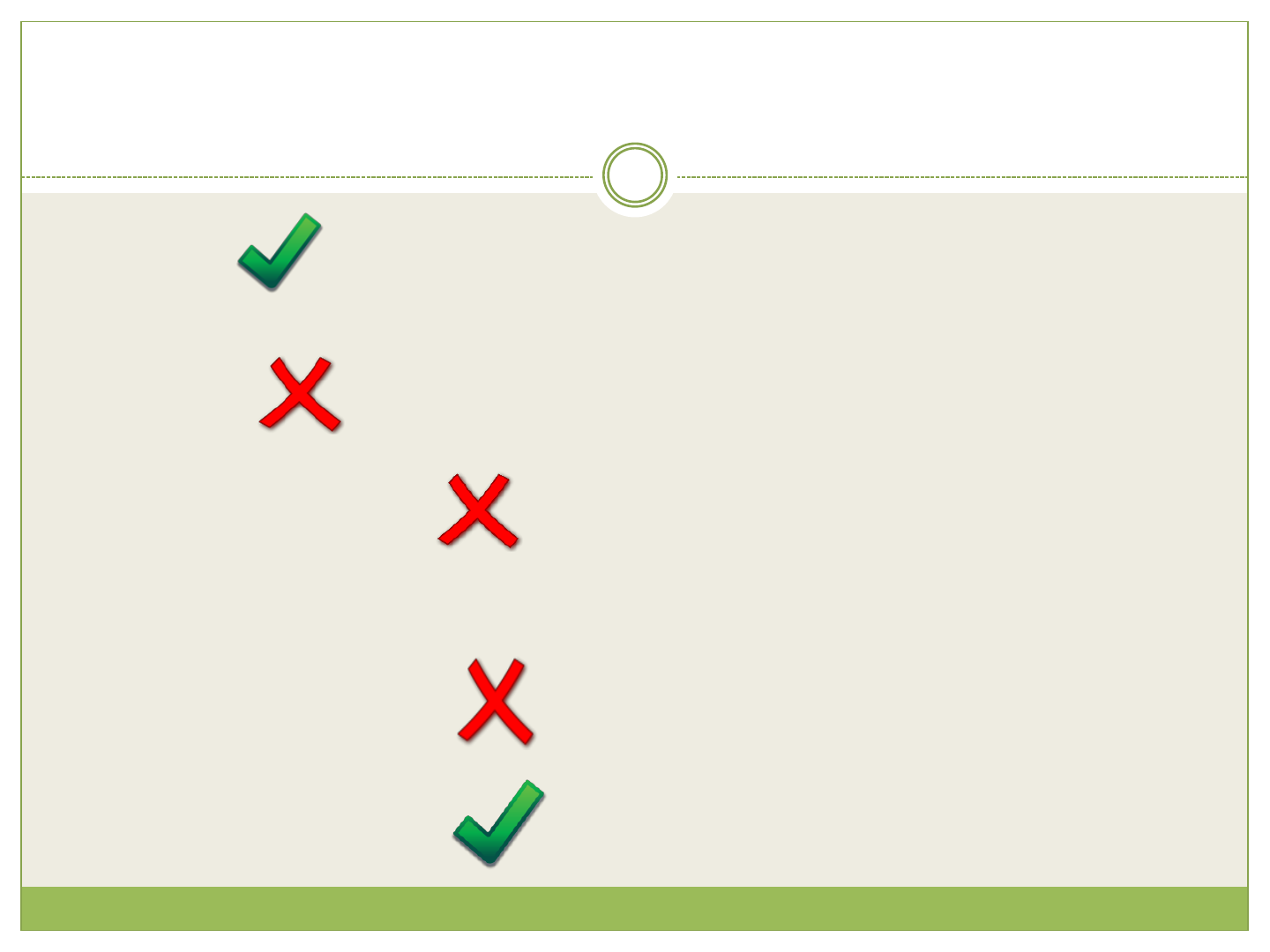
What Do You Know About DUI And Impaired Driving?
▪ Alcohol is a drug.
▪ Alcohol is a stimulant.
▪ Even if I have been drinking alcohol, coffee, a cold shower, or a
meal can sober me up.
▪ Drivers under the age of 21 are allowed to have one drink.
▪ Teens have higher crash rates on weekends and at night.
Ver 6.15.17
6
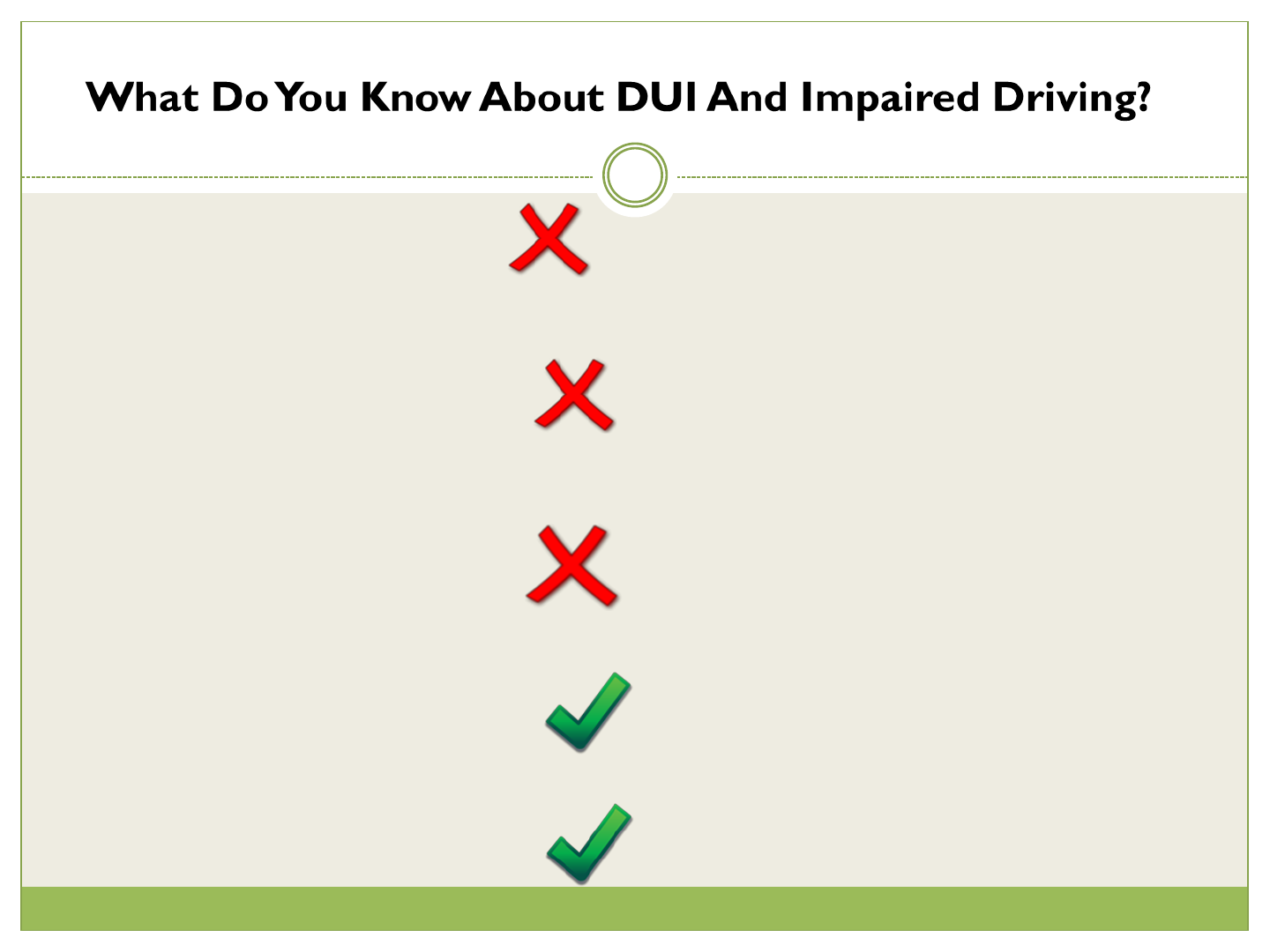
• Having friends in the car will help you drive more safely when you
are impaired.
• Using alcohol and other drugs while driving has no effect on brain
activity.
• Using alcohol and other drugs while driving has no impact on
your perception of speed or distance.
• Using alcohol or drugs while driving will make you feel more
confident about your driving ability.
• Using alcohol or drugs while driving can make you feel sleepy.
Ver 6.15.17
7

Someone Like You
Ver 6.15.17
8
VIDEO TO BE DISPLAYED
DURING CLASSROOM
INSTRUCTION.
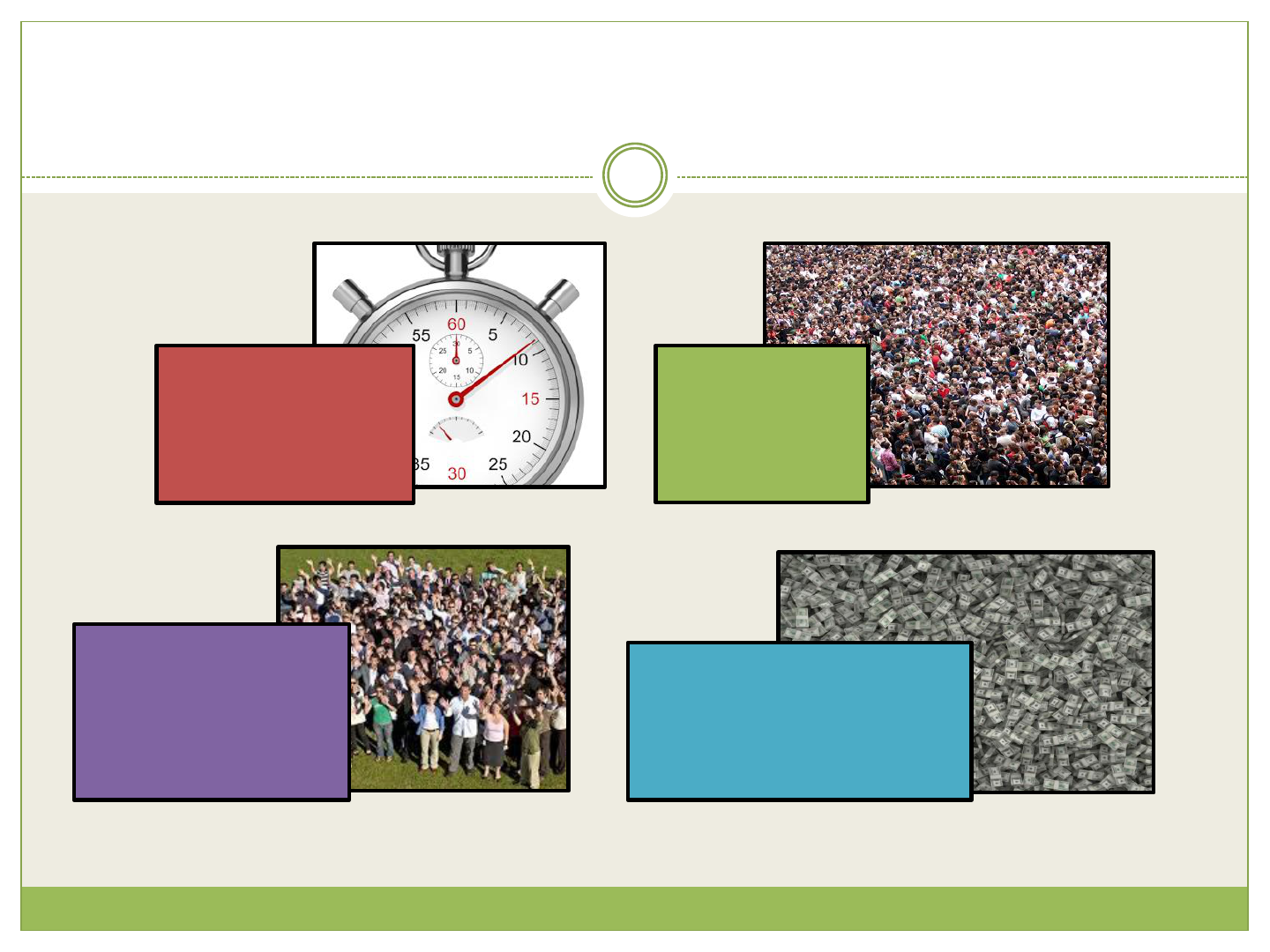
Bad Decisions: Cost Of Alcohol Impaired Driving
Every Two
Minutes
500,000
crashes
150 deaths
& 6000
crashes
$32,000,000,000
Ver 6.15.17
9
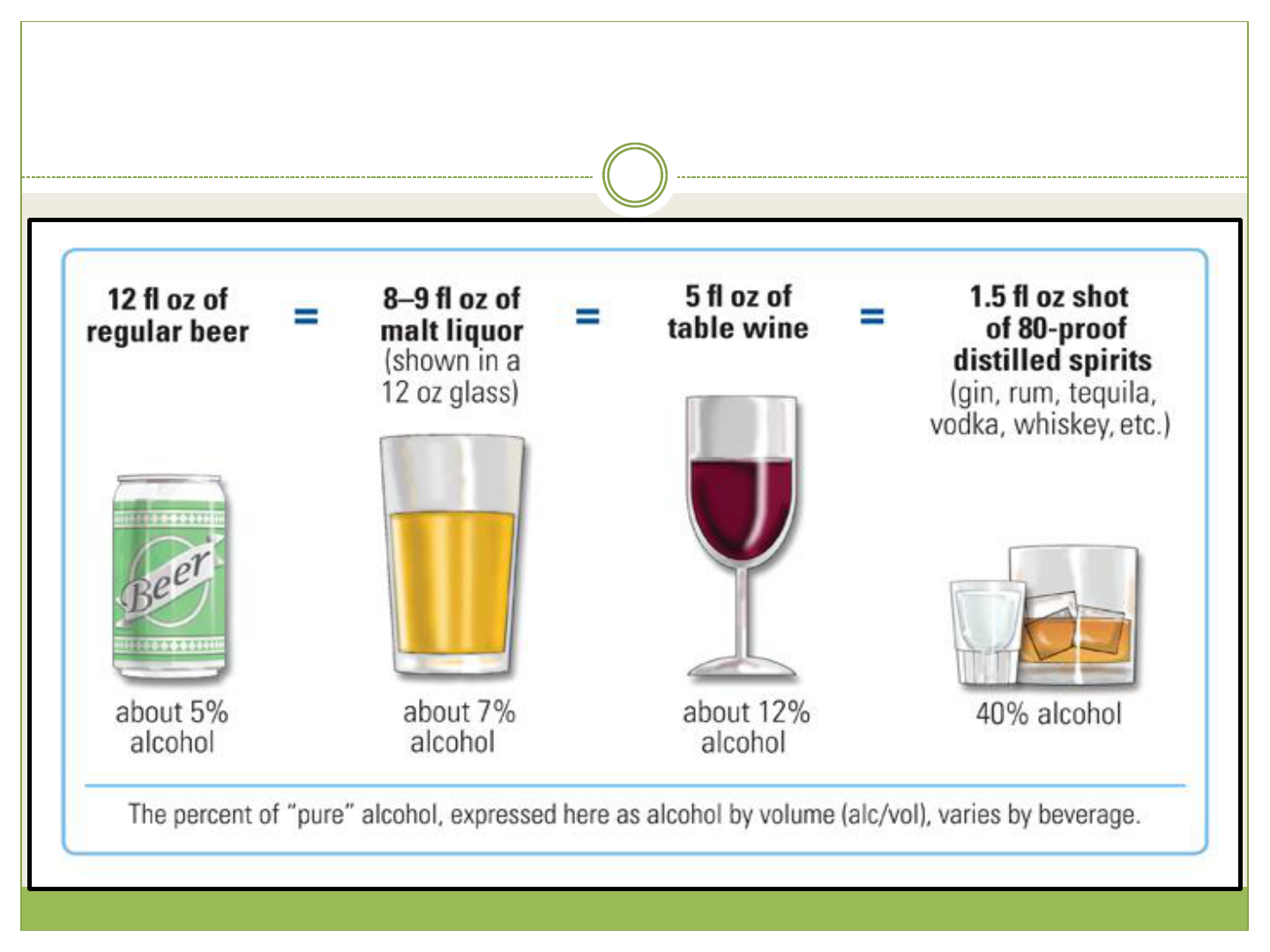
Bad Decisions: What Is A Drink?
Ver 6.15.17
10

Bad Decision: How Much Alcohol Is Impairing?
Consuming any alcohol may impair your ability to drive.
As you drink, alcohol enters
your bloodstream.
The more you drink, the
more alcohol in your blood.
The amount of alcohol in your blood is called BAC or
Blood Alcohol Concentration.
Ver 6.15.17
11
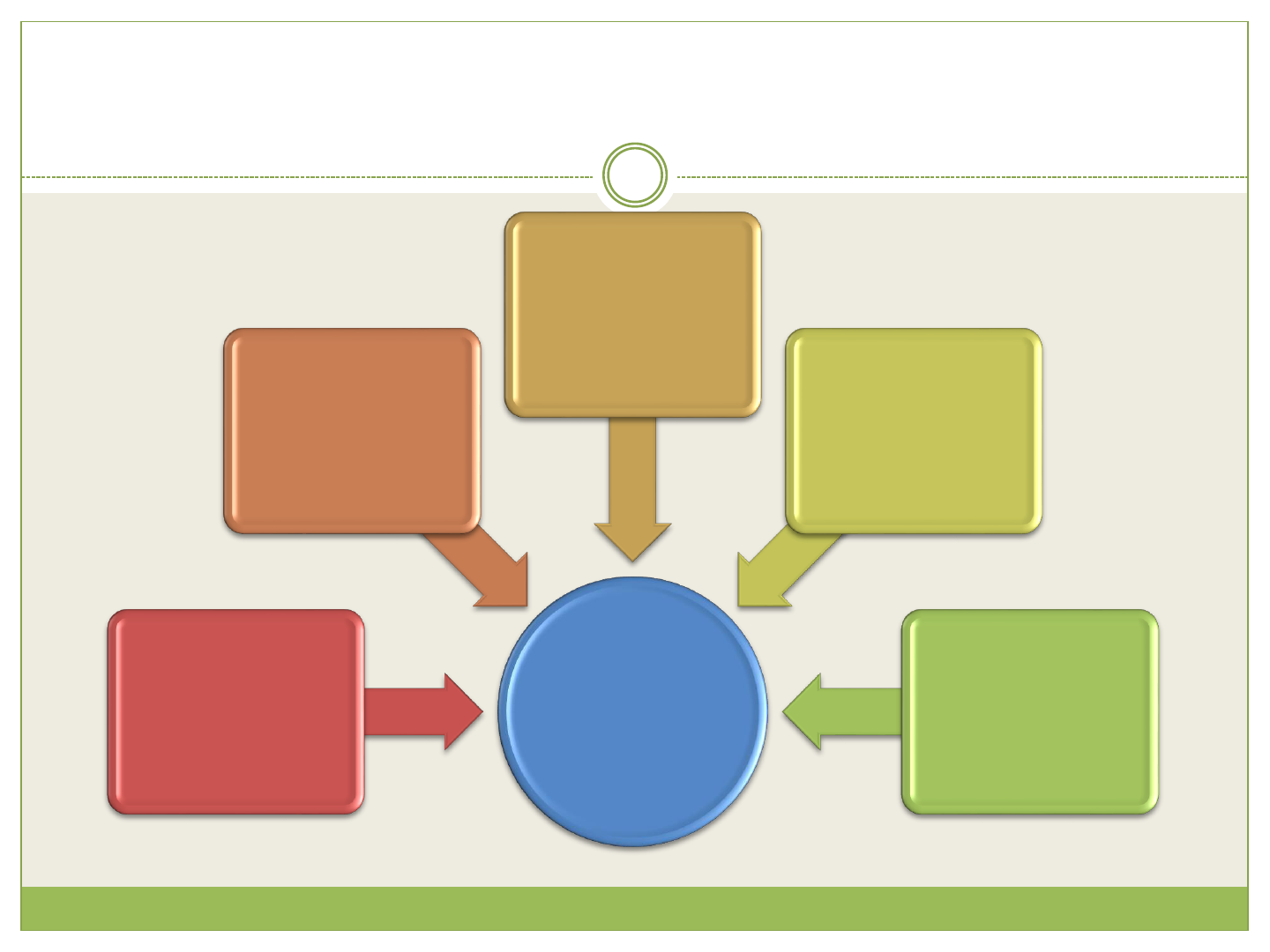
Bad Decisions: Just One Drink Can’t Hurt?
Impaired
Driving
Any alcohol
or drug
Bad weather
Driver
inexperience
Distraction
Fatigue
Ver 6.15.17
12
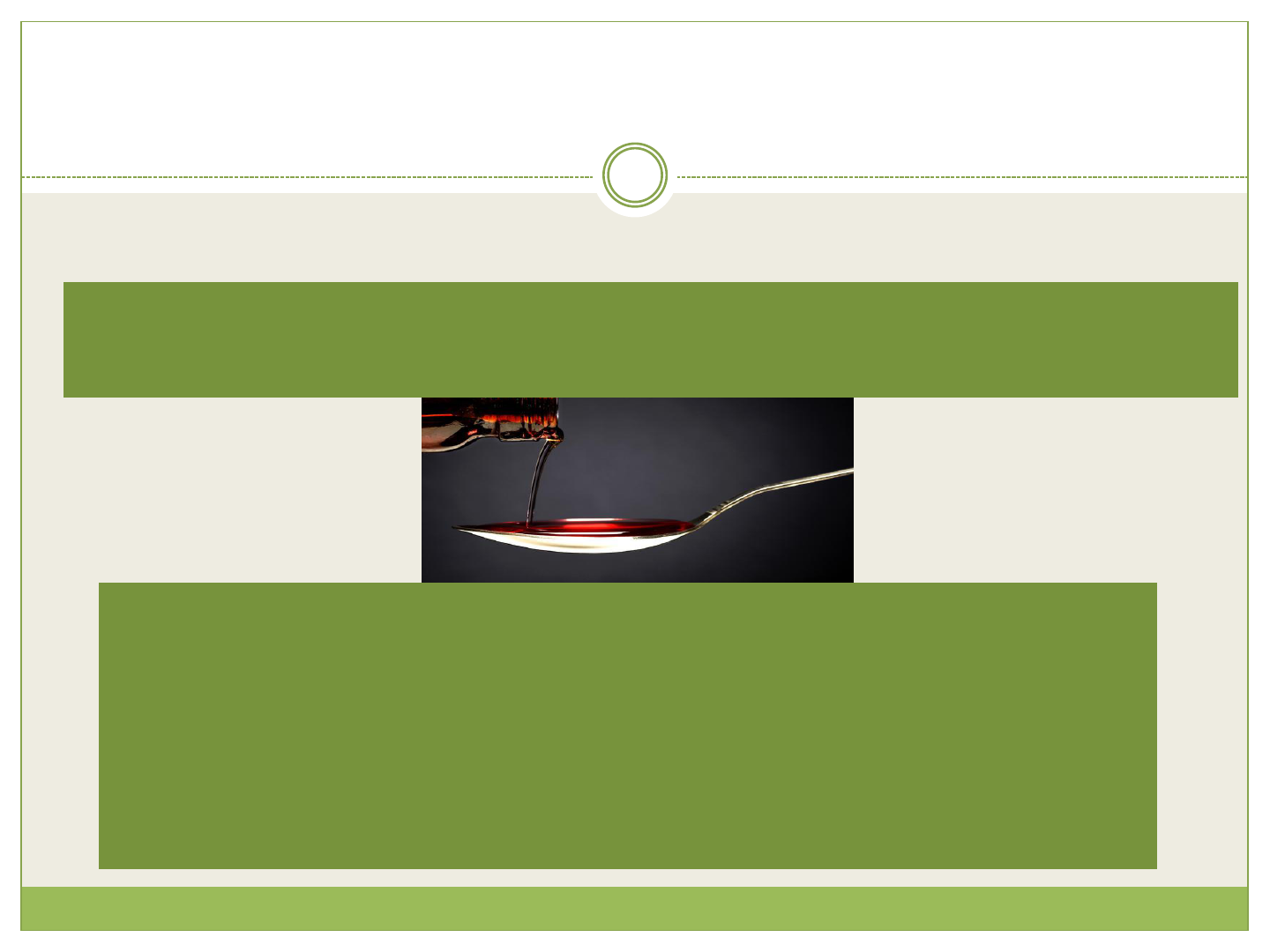
Bad Decision: Zero Tolerance
For drivers under 21, zero tolerance for alcohol.
A quick fact to help you put things in perspective:
1 teaspoon of cough syrup = approximately BAC of 0.01
So, even one drink, one sip, one
swallow, one swig, one taste is illegal
and can result in alcohol related
charges.
Ver 6.15.17
13
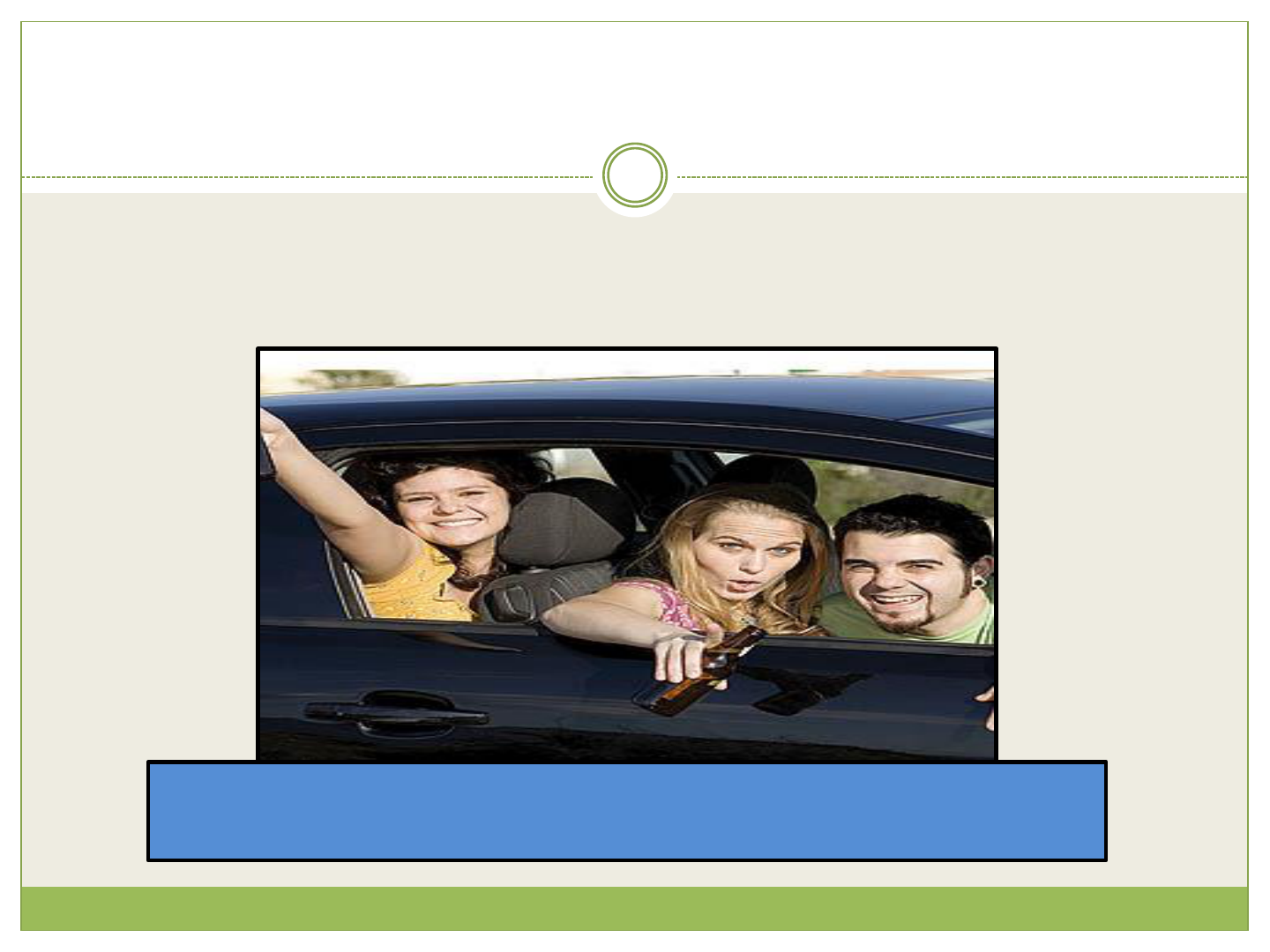
Bad Decision: Open Container
No one can have an open or unsealed container of
alcohol inside the passenger area of any vehicle.
What is an open container?
Ver 6.15.17
14

Bad Decision: Trying To Monitor Your BAC
You can’t!
It is extremely difficult to assess your BAC
or
level of impairment.
Why?
Many factors, known and unknown
impact BAC.
Ver 6.15.17
15

Bad Decision: Refusing The Breath Test
What if I don’t want to take a breath
test for alcohol?
?
?
?
Implied Consent means
you will face stronger
penalties for refusal.
Ver 6.15.17
16
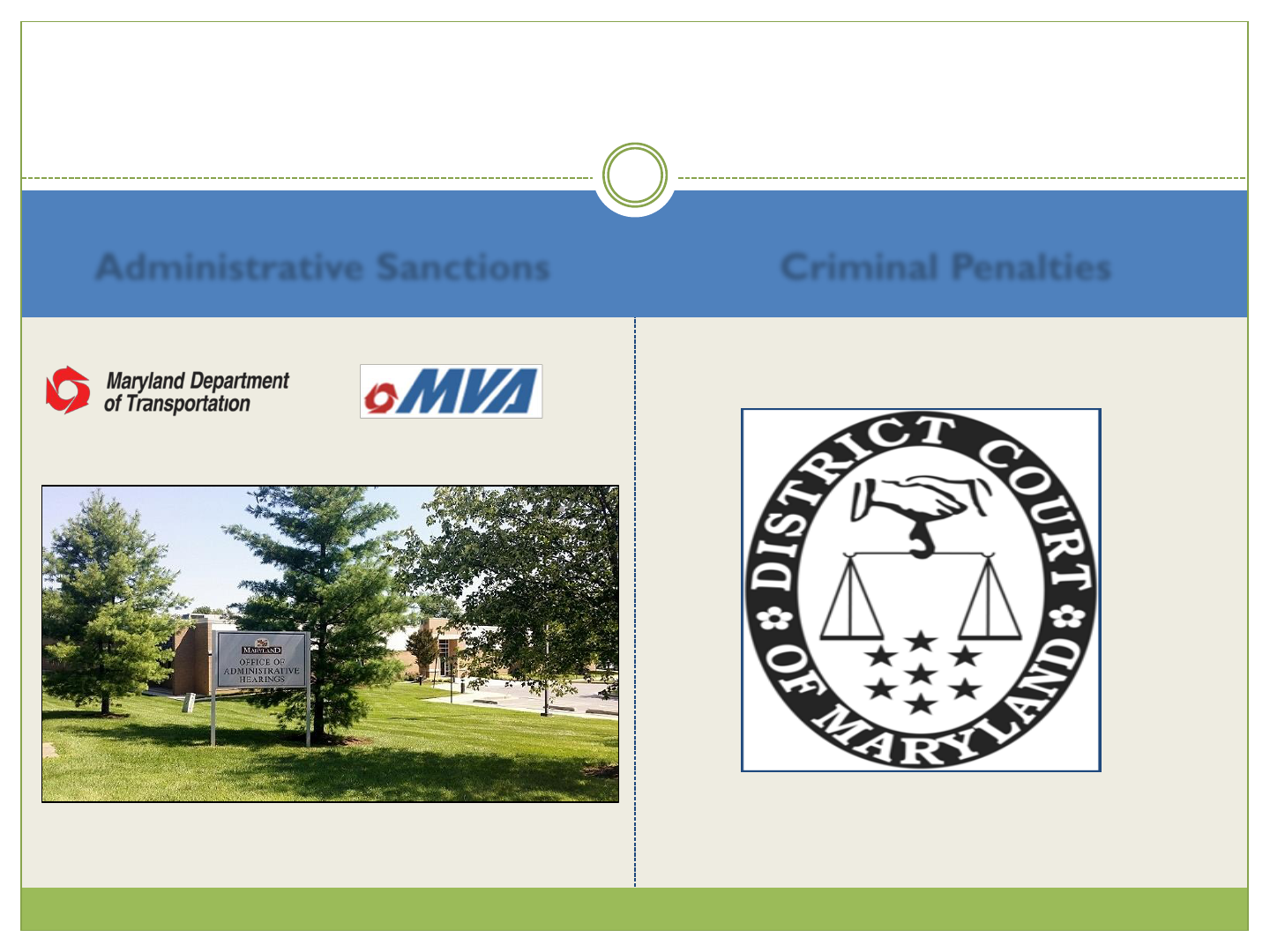
Administrative Sanctions
Criminal Penalties
Results Of Bad Decisions: Penalties & Sanctions
Ver 6.15.17
17

MVA Administrative Sanctions
Confiscation of driver’s license
Suspension of driver’s license
(180 days up to 2 years)
Revocation of driver’s license
(could be permanent)
Mandatory driver
improvement classes
Mandatory alcohol & drug
education
Mandatory alcohol & drug
treatment (inpatient may be
required)
Alcohol abstinence
requirements
Fees for hearing requests
and license reinstatement
Extension of provisional
period for provisional
license holders
Seizure/impoundment of
vehicle in cases involving
illegal drugs
Restrictions on driving
AFTER the license is no
longer suspended or
revoked (could be for life)
Ignition Interlock system
installed in vehicle (up to 2
years)
Alcohol charges stay on your driving record FOREVER.
Ver 6.15.17
18

Criminal Penalties
Arrest
Jail time (up to 1 year
for a 1
st
offense; up to 4
years for subsequent
offenses)
Community Service
Court-ordered
alcohol/drug treatment
Restitution
Ignition Interlock
• Fines ($1000 for 1
st
offense; much higher
for subsequent
offenses)
• Random drug &
alcohol testing
• Harsher penalties for
BAC of .15% or higher
• Harsher penalties for
transporting a minor
while driving impaired
Ver 6.15.17
19
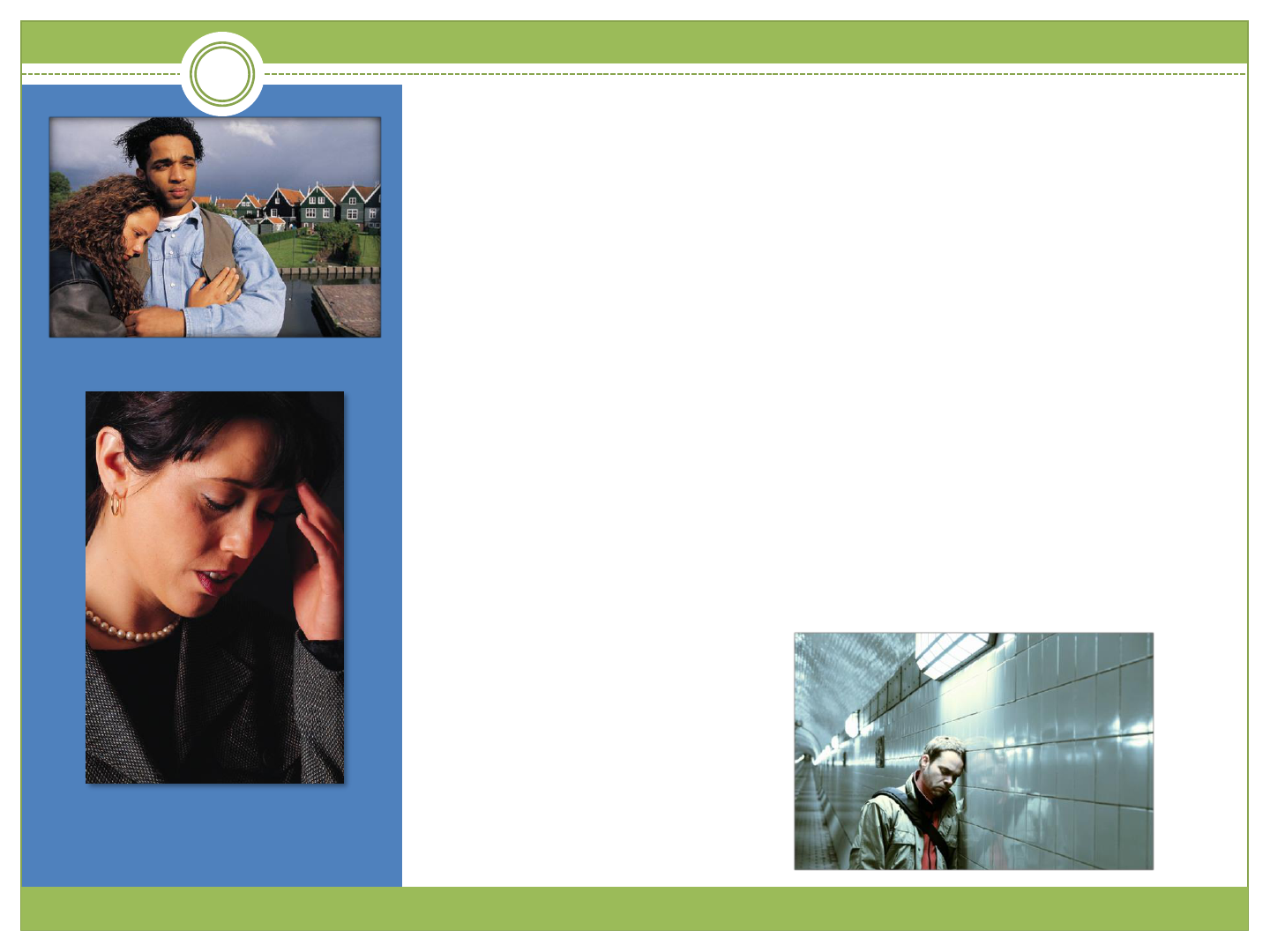
Other Consequences
Loss of job/income
Attorneys’ fees
Multiple court appearances
Higher car insurance rates or
cancelled insurance
Towing & impound fees
Disapproval and anger from friends
and family
Ver 6.15.17
20

Good Decisions
IF YOU PLAN TO DRINK, PLAN NOT TO DRIVE
• Make a good decision to not drink if you are under 21.
• Make a plan BEFORE you leave the house.
• Make a contract with a responsible person before you
leave home.
• Give someone you trust the honor of being your sober
driver.
• Call a cab or Uber it.
Ver 6.15.17
21
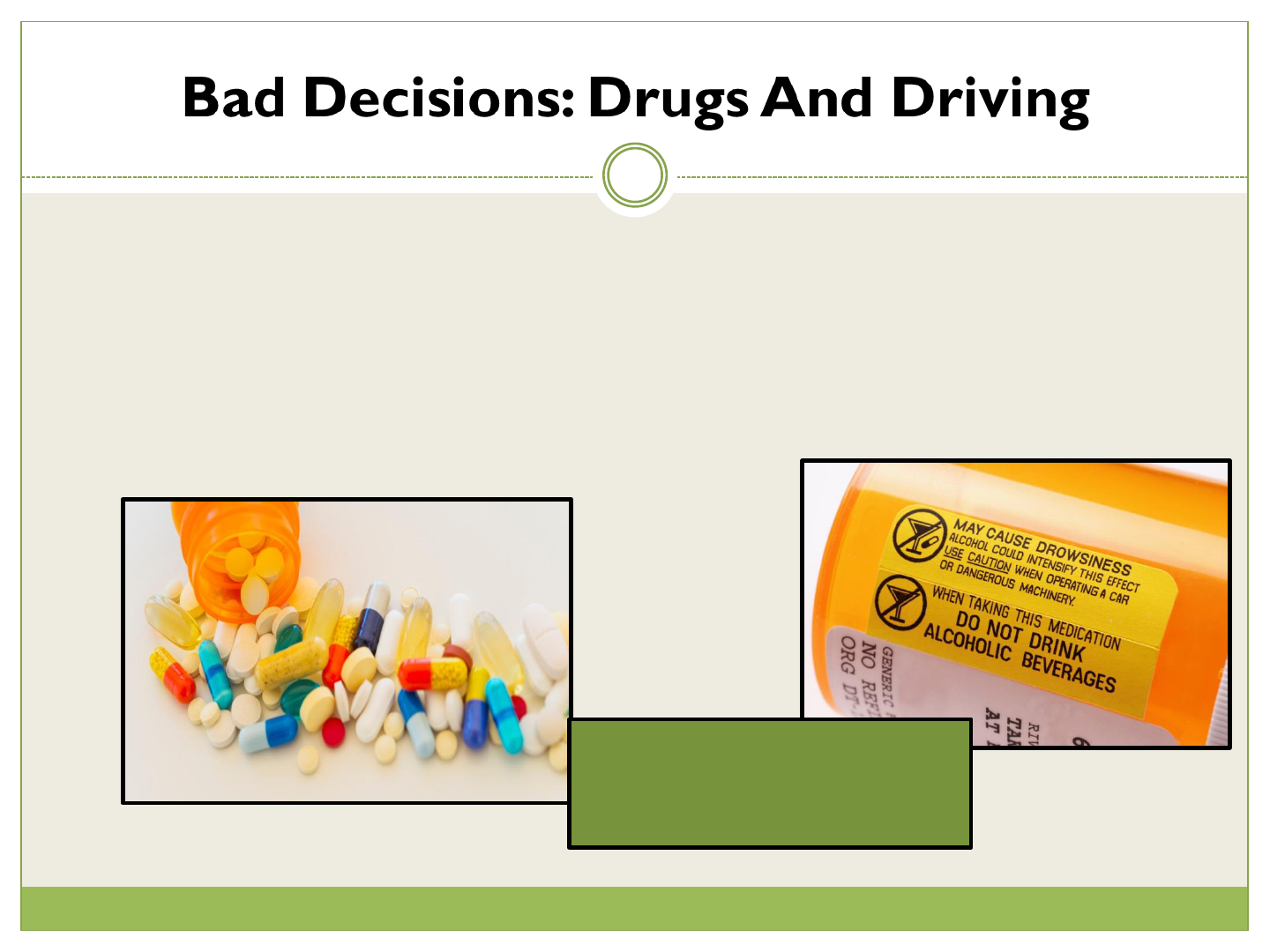
Legal drugs include prescription and over the counter
medications.
While legal, they may still cause driving impairment.
Be sure to read the
warning labels for all
drugs.
Ver 6.15.17
23
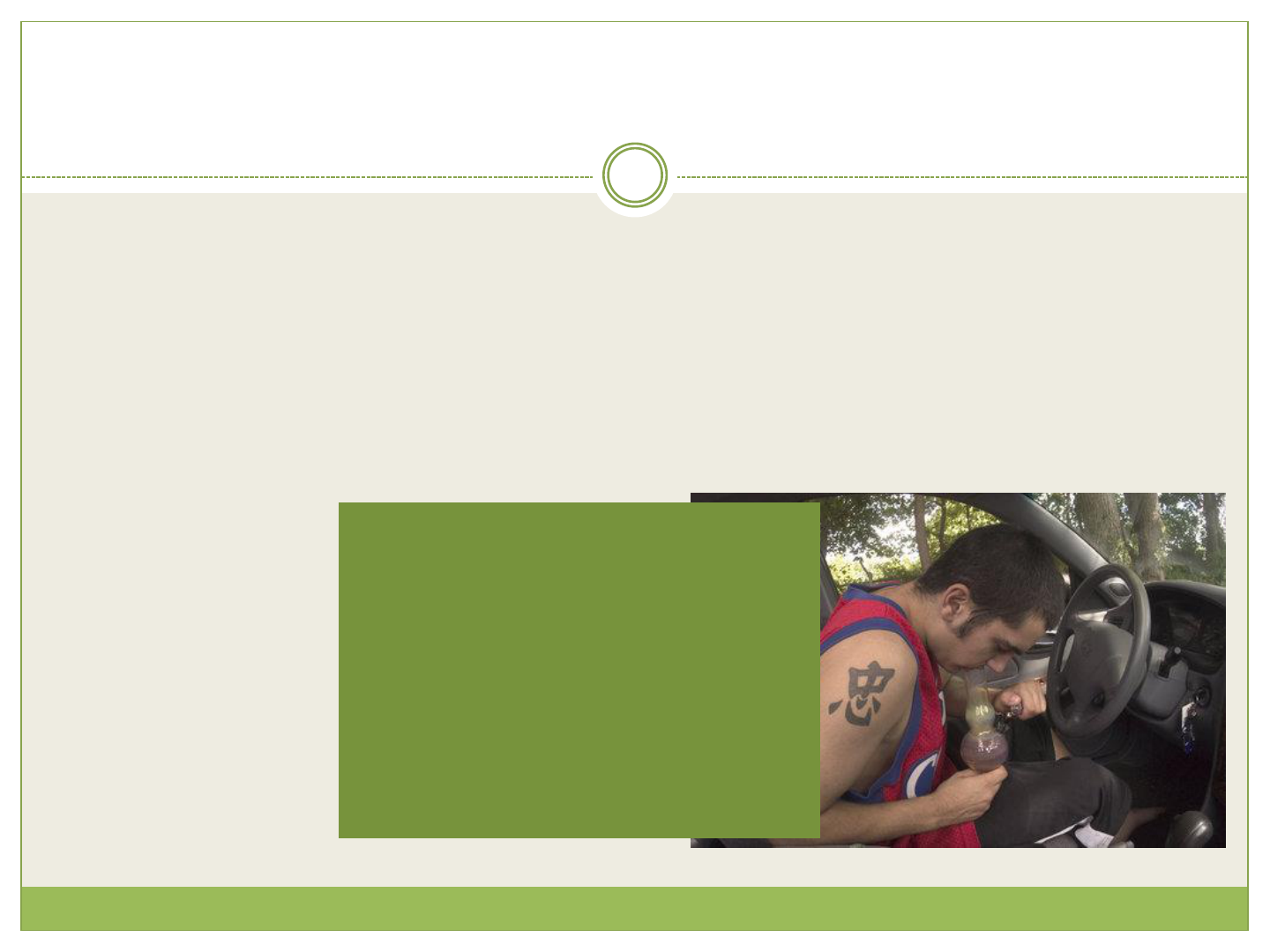
Bad Decisions: Marijuana and Driving
Twenty-four states and the District of Columbia currently have
laws legalizing marijuana in some form.
Does that mean the smoking marijuana and driving is legal?
No!
How much is illegal
to consume and
drive?
Any.
Ver 6.15.17
24
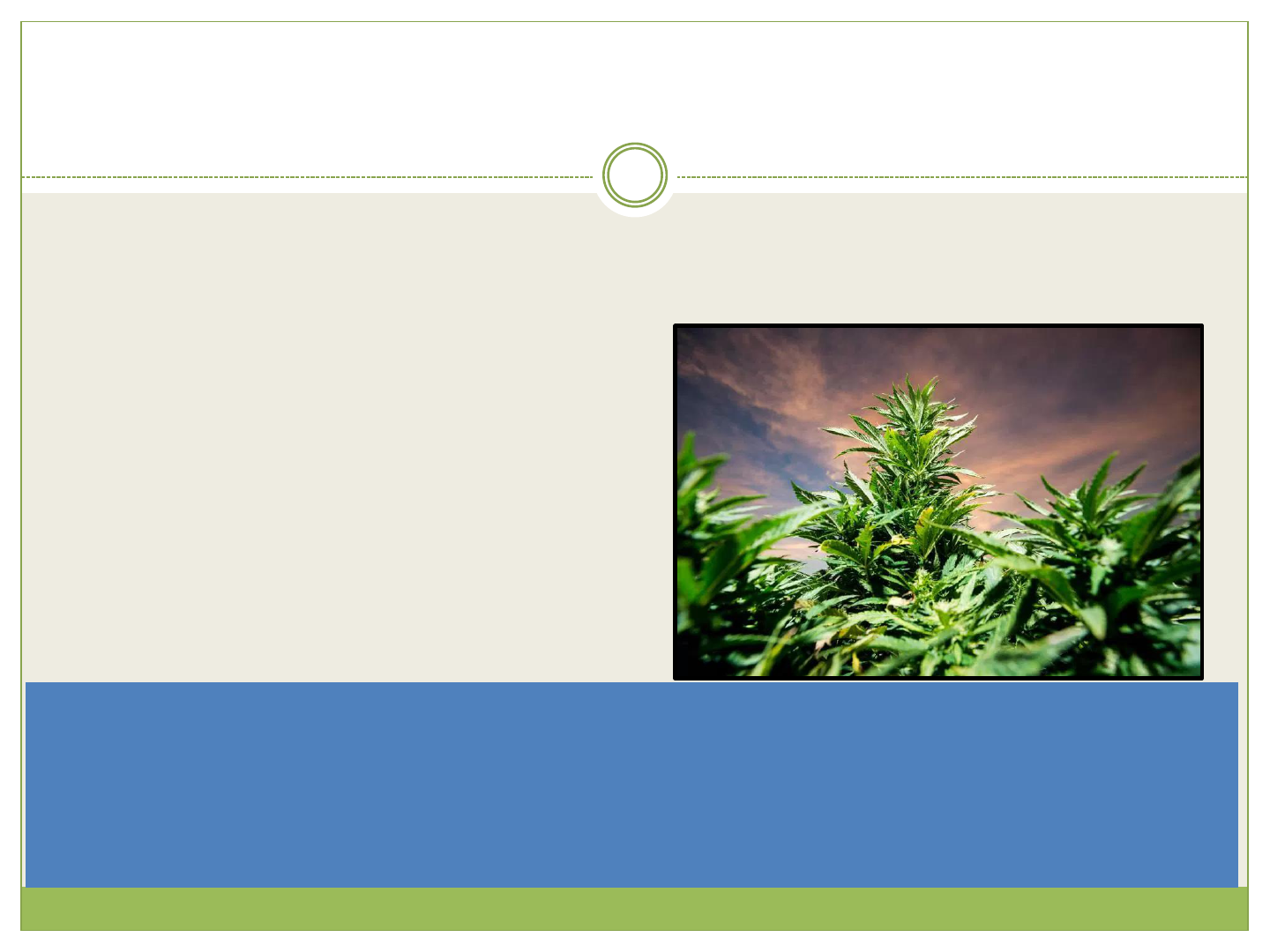
Marijuana And Driving
How does marijuana impact driving?
• Coordination
• Concentration
• Cognition
• Balance
According to a recent study by the University of Colorado,
even at low levels, marijuana significantly increased weaving
from lane to lane.
Ver 6.15.17
25

Bad Decision: Aggressive Driving
What is aggressive driving?
Legal Definition - Committing any three moving violations
simultaneously
Running red lights
Tailgating other drivers
Speeding
Frequent lane changes
Are there any other kinds of aggressive driving?
Ver 6.15.17
26

If you or a driver you know displays any three of these
behaviors on a daily basis, you know an aggressive driver.
Bad Decisions: Aggressive Driving
• Do you know anyone who complains to themselves or their passengers
about other drivers?
• Do you know anyone who gets annoyed or angered by other drivers?
• Do you know anyone who is frustrated in congested traffic?
• Do you know anyone who drives like they are in a hurry, leaving other
slower drivers behind?
• Do you know anyone who ever honks at drivers who upset you?
• Do you know anyone who ever tailgates slower drivers who refuse to move
over?
• Do you know anyone who ever yells or gestures at other drivers?
• Do you know anyone who ever breaks speed limits?
• Do you know anyone who ever goes through red lights?
Ver 6.15.17
27

Bad Decisions: Reckless Driving
Ver 6.15.17
28
VIDEO TO BE DISPLAYED
DURING CLASSROOM
INSTRUCTION.
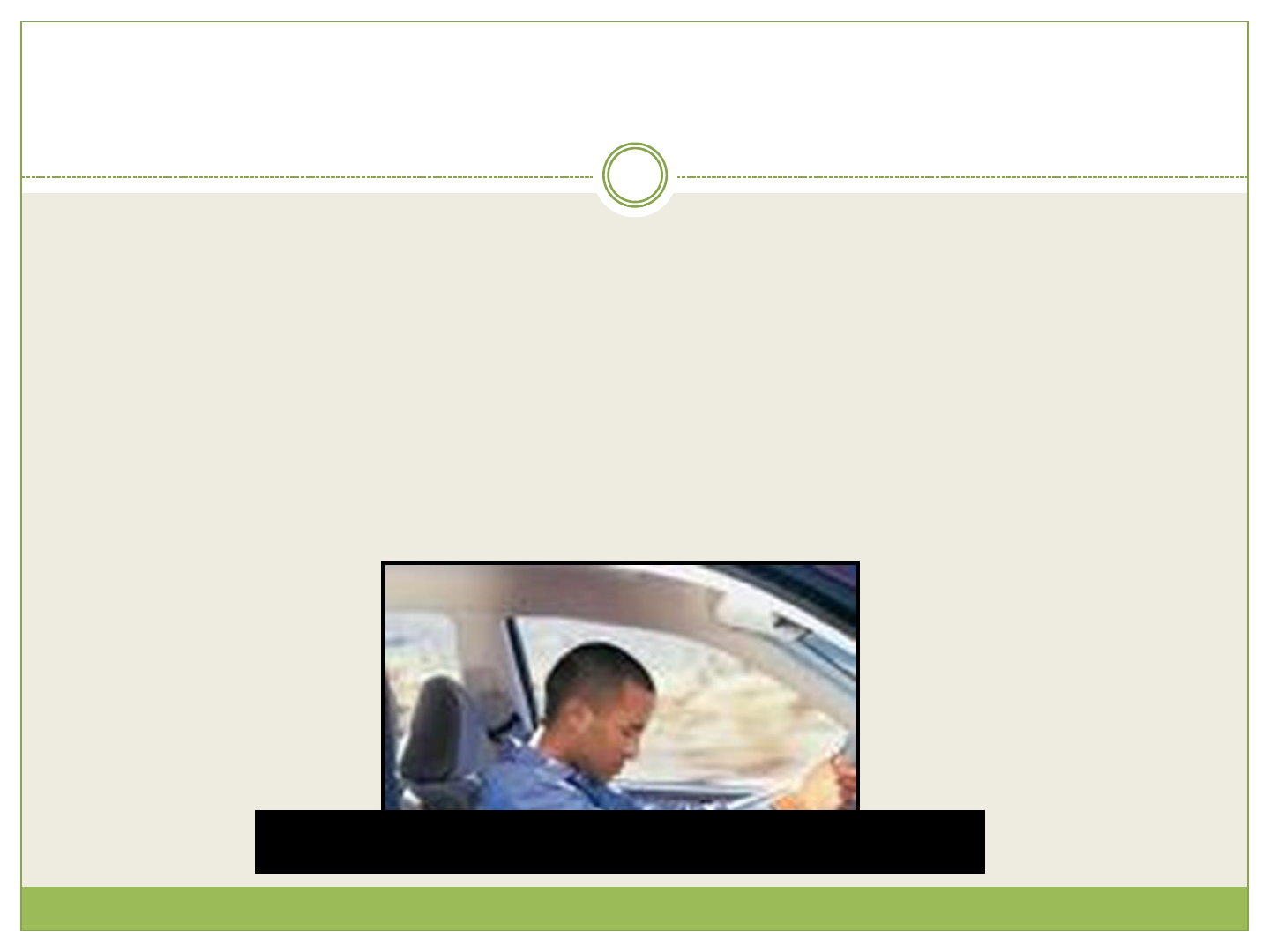
• Fatigued driving is common when driving when on expressways.
• Results from driving long distances without breaks or changes in
scenery.
• According to AAA Safety Foundation, almost 40% of drivers admit to
having fallen asleep when driving during their driving career.
R5
Bad Decisions: Fatigued Driving
Over 300,000 crashes annually
Ver 6.15.17
29
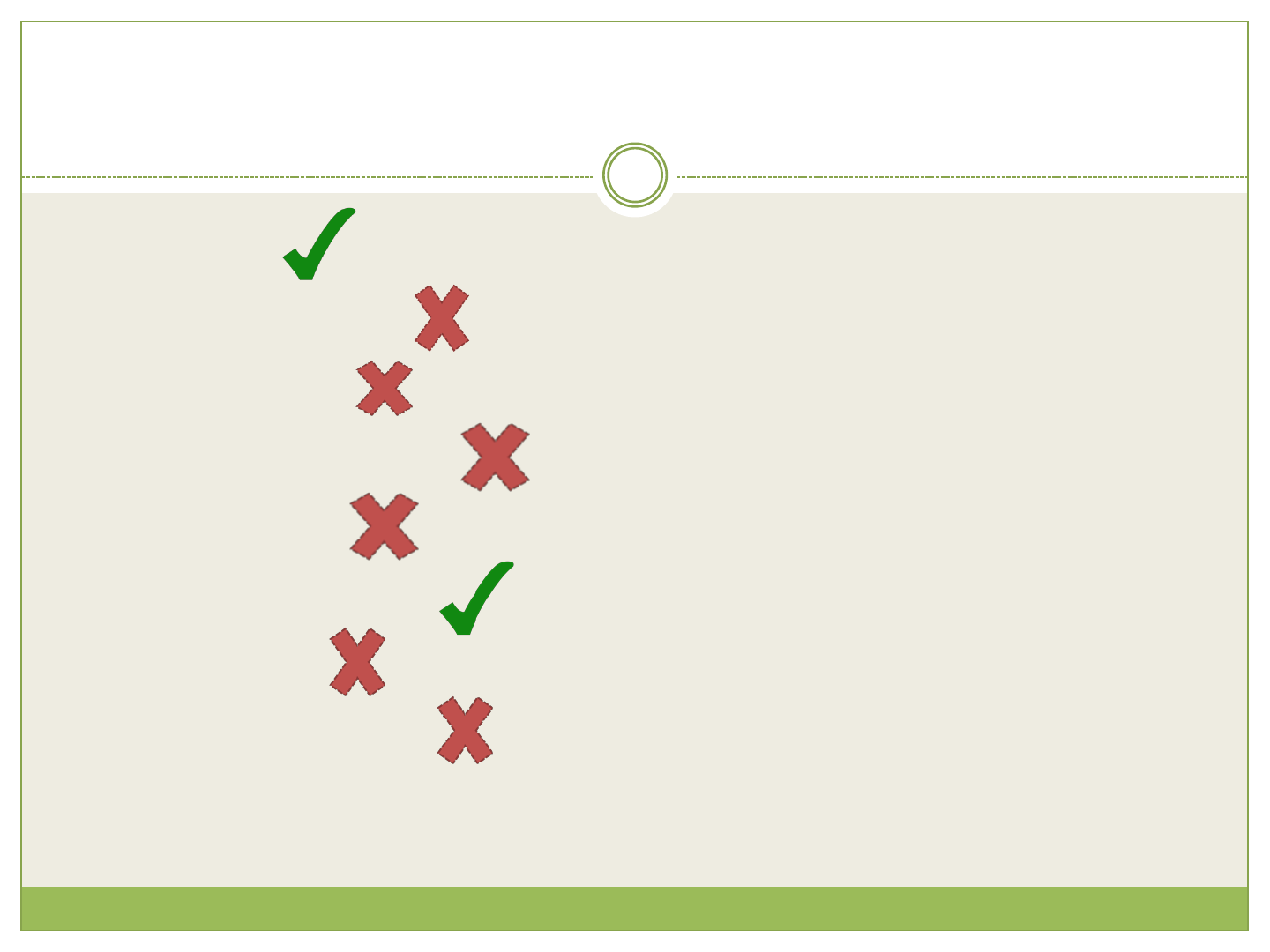
Bad Decisions: Drowsy Driving
1) Everybody has a "biological clock."
2) Drinking coffee cures drowsiness while driving.
3) I can tell when I'm going to fall asleep.
4) I'm a safe driver so it doesn't matter if I'm sleepy.
5) Nearly everyone gets enough sleep.
6) Being sleepy makes you misperceive things.
7) Young people need less sleep.
8) If I sleep a lot now, I won't need to sleep as much later.
Ver 6.15.17
30
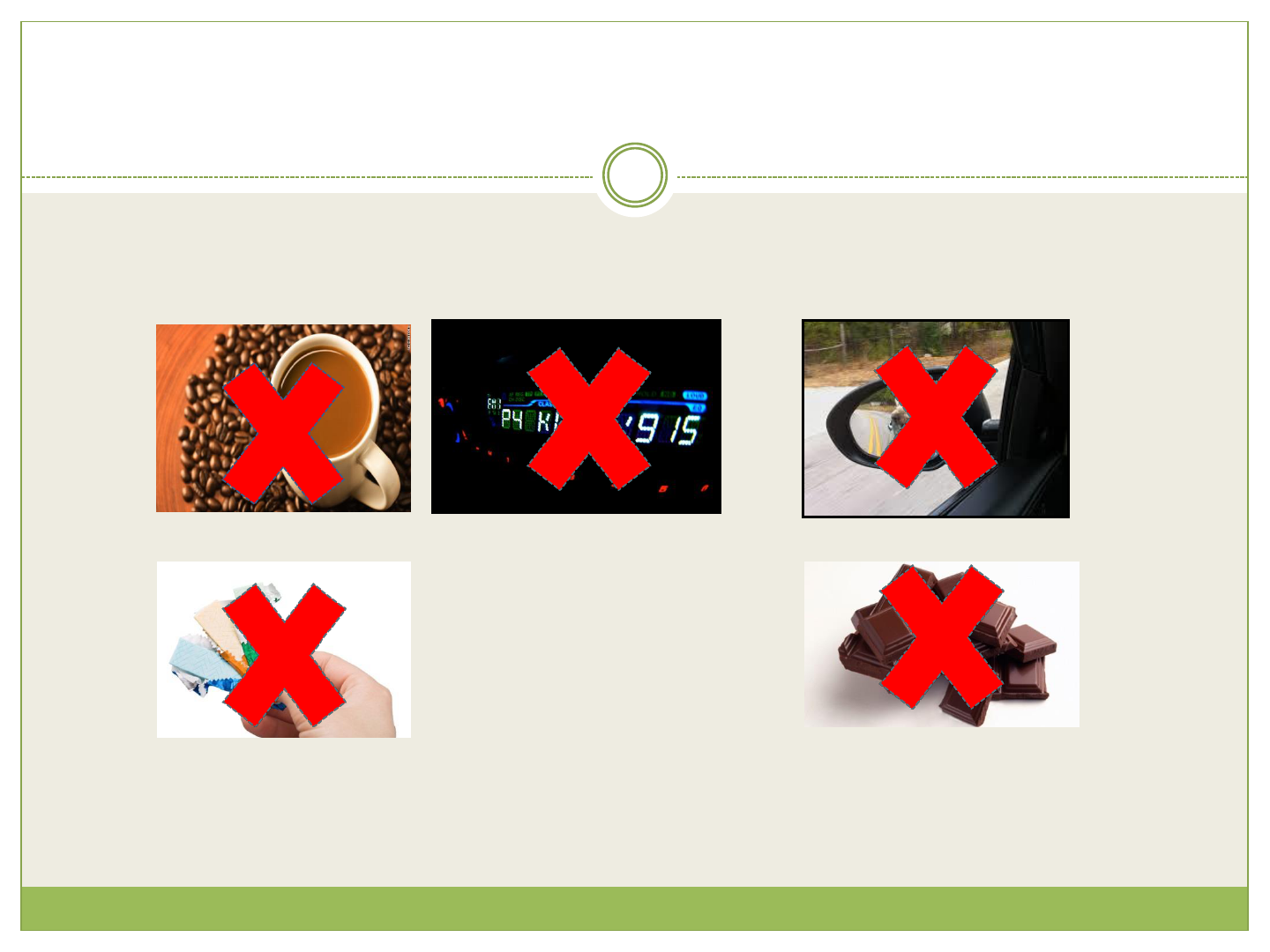
Avoiding Fatigue
How can a driver avoid fatigued driving?
Sleep!
Ver 6.15.17
31

Rusty’s Regret
Ver 6.15.17
32
VIDEO TO BE DISPLAYED
DURING CLASSROOM
INSTRUCTION.

Bad Decision: Distracted Driving
What does Maryland Law say about electronic distraction
and driving?
• For a learner’s permit driver – cell phone use and texting are not
allowed except for 911
• For a provisional driver – cell phone use and texting are not allowed
except for 911
Does that matter?
Ver 6.15.17
33

Open Letter to New Drivers (Though written to new drivers, it applies to all drivers):
I am Richard Leotta, the father of Officer Noah Leotta who died in the line of duty on December 10, 2015 at the
hands of a drunk driver, and was reborn with the signing of Noah’s Law on May 19, 2016. Among other things,
Noah’s Law primarily strengthened Maryland’s drunk driving laws with increased suspension times for drunk
drivers, and mandatory use of ignition interlock devices for all convicted drunk drivers. This law goes into effect on
October 1, 2016 and will make a difference and save lives. However, this law only goes so far. You are the real
answer for preventing the deadly impact of drunk driving on our roadways.
First, I would like to congratulate you on taking the important steps of earning the right to drive through class room
learning and various road training skills and exercises. Driving is a very serious responsibility. Driving in and of itself
is inherently dangerous, as there are so many things that can go wrong while driving. To avoid these dangers, you
need to be a defensive driver. That means you must be fully alert and present when you drive with all of your
senses and reaction times fully functional, as split seconds can mean life and death. Furthermore, the faster the
speed of the cars, the worse the road conditions, the darkness of night, the various alertness and condition of the
other drivers on the road, plus many other unforeseen risks and dangers, all contribute to increased possibilities of
accidents. Even with all the safety features that have been added to cars in recent years, fatalities on US roadways
are on the rise. What is shocking is that, one-third of these fatalities are attributed to drunk driving. Drunk driving
is not an accident. An accident is not preventable. However, drunk driving is preventable and the outcome is
predictable.
Officer Noah Leotta was keenly aware of the problems of drunk driving and the deadly results on our roadways. In
fact, on the night of December 3, 2015 he was trying to protect us from drunk drivers. However, sadly that night, my
son, 24-year-old Officer Noah Leotta became the face of the senseless and tragic victims of drunk drivers, when he
was struck by a drunk driver while making a roadside stop, and died from his injuries a week later. The result of this
and many other reckless and irresponsible drunk drivers are the shattered lives they leave behind. We, survivors,
family members, and friends of the victims of drunk drivers, suffer through pain, anguish, grief and despair without
relief in sight. Our hearts will never mend and our tears forever flow.
Therefore, do not be a perpetrator of drunk driving, and by not drinking and driving you will help reduce fatalities
and injuries on US roadways. Be a responsible and safe driver. Always make a plan and take a safe and sober ride
home. Please, don’t drink and drive, for your sake and the sake of others.
Sincerely,
Richard Leotta
Ver 6.15.17
34

Ver 7.1.17
35
END OF UNIT NINE
